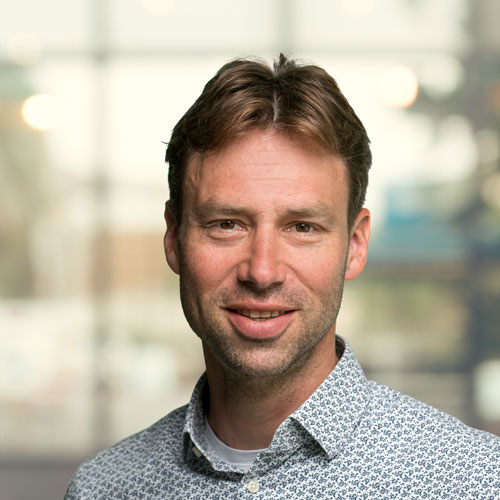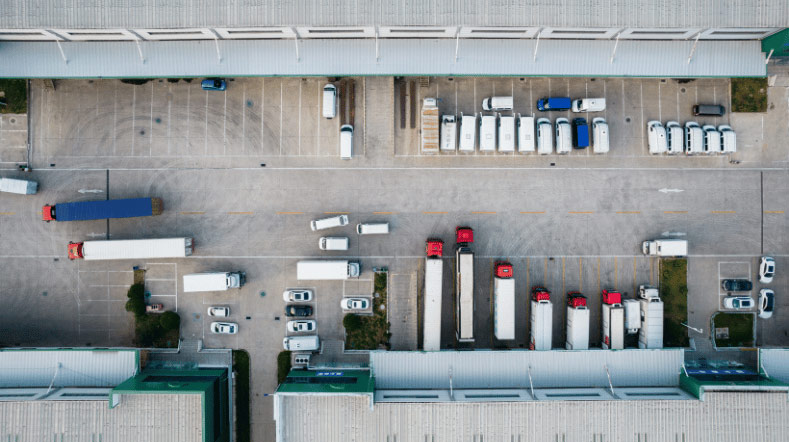
Hans Quak

City logistics studies how urban freight distribution can take place in urban areas as well as the strategies that can improve its overall efficiency while mitigating externalities such as congestion and emissions.
Professorship chair
Smart Cities and Logistics (Breda University of Applied Sciences)
Research area
The professorship Smart Cities and Logistics addresses three main applied research areas in field of city logistics:
- The transition towards a zero emission city logistics system.
- Innovations in last-mile deliveries, and
- The relationship between city logistics and urban planning
As such, the professorship examines the provision of services contributing to efficiently managing the movements of goods in cities and providing innovative responses to customer demands. It combines questions on last-mile deliveries and e-commerce, deploying innovations from the automotive industry (e.g. battery electric freight vehicles) or organizing / planning more efficient and collaborative to reduce vehicle kilometers, as well as required (urban) space. This research area focusses both on smarter and more sustainable urban freight transport by bringing together innovations from different domains; i.e. technology (both vehicle technology as well as ICT developments), policy and spatial planning as well as the logistical organization (e.g. the use of shared hubs). The interest in city logistics is increasing also from a more applied research perspective, as a serious transition is required for the (near) future towards a sustainable (or zero emission) and more autonomous system. My ambition is to contribute to this transition in the development of knowledge (data, logistics concepts, bringing together different parties and disciplines) based on opportunities from innovations outside the field, as well as to better include .
Top publications
- Kokkinou, A. H. Quak, O. Mitas, A. Mandemakers, (2024). Should I wait or should I go? Encouraging customers to make the more sustainable delivery choice. Research in Transportation Economics 103, 101388.
- Kin, B.; H. Buldeo Rai, L. Dablanc, H. Quak (2024). Integrating logistics into urban planning: best practices from Paris and Rotterdam. European Planning Studies 32(1) 24-44.
- Quak, H., N. Nesterova, G. Lozzi (2023). Living labs for transitions in urban freight transport systems. In Marcucci et al. (eds), Handbook on City Logistics and Urban Freight, pp. 346-364, Edward Elgar Publishing.
- Tavasszy, L. and H. Quak (2023). Computing Technology and Its Applications in Urban Logistics. In Monios et al. (eds.), The Routledge Handbook of Urban Logistics, pp. 225-237, Routledge.
- B Kin, M Hopman, H Quak (2021) Different Charging Strategies for Electric Vehicle Fleets in Urban Freight Transport. Sustainability 13 (23), 13080
- Quak, H., R van Duin, B Hendriks (2020) Running an urban consolidation centre: Binnenstadservice 10 years back and forth. Transportation Research Procedia 46, 45-52.
Den Haag - New Babylon
Anna van Buerenplein 1
2595 DA The Hague
The Netherlands
Postal address
P.O. Box 96800
2509 JE The Hague
The Netherlands
Get inspired by Hans
Logistics hubs for zero-emission urban distribution

